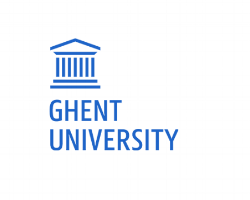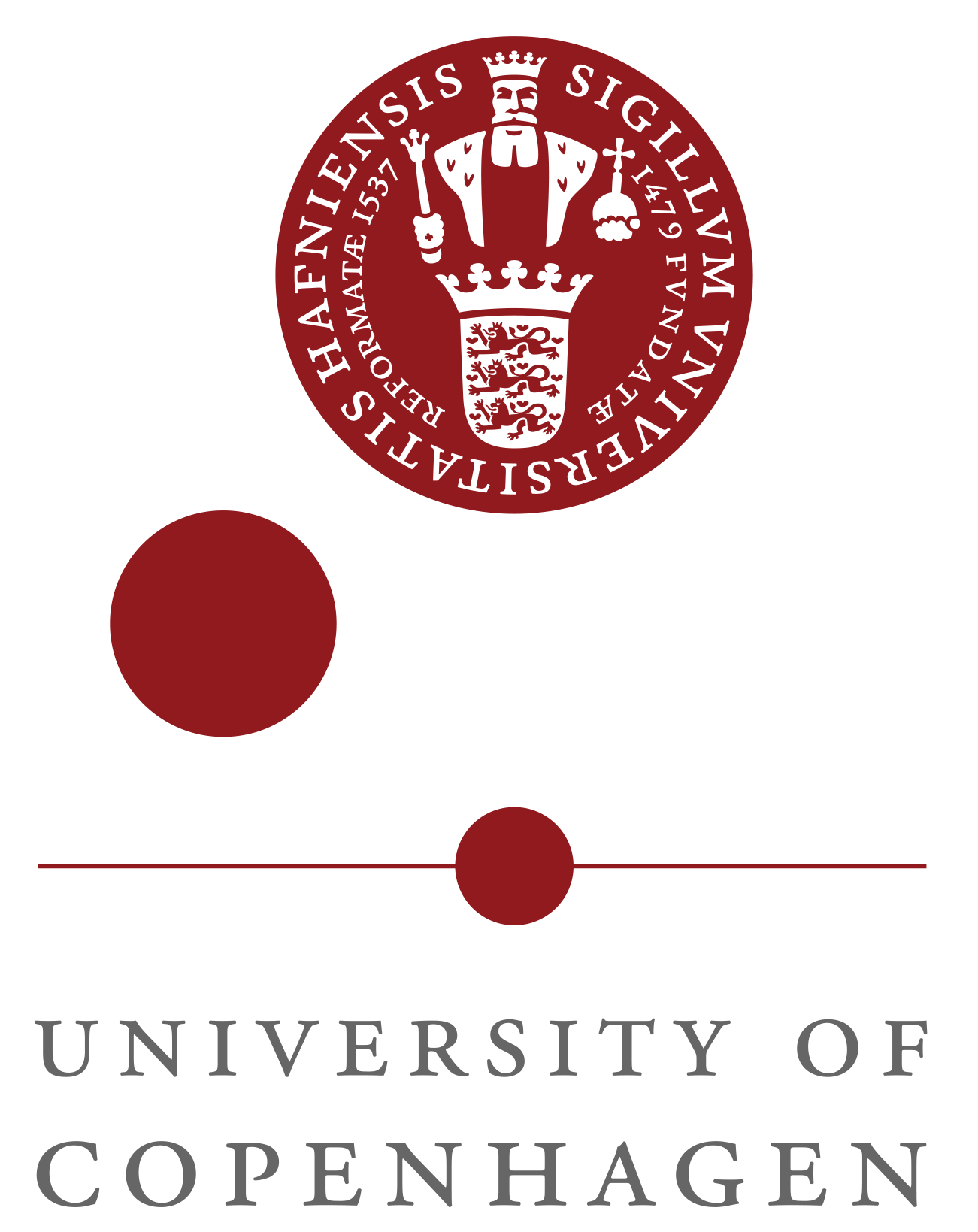
Governance at the Edge of the State: Recognition and Exclusion in Resource Frontiers
INTERNATIONAL CONFERENCE - August 28-29-30, 2019
UNIVERSITY OF COPENHAGEN
In societies with legal and institutional pluralism, no single institution exercises the political authority as such. Especially, at resource frontiers, a multitude of actors compete to construct institutions and to define and enforce rights to resources and political identity; to property and citizenship. The expansion of capitalism produces contests over the definition and control of resources. On a global scale, new patterns of resource exploration, extraction, and commodification create new territories within a dynamic of frontiers and territorialisation. The ability to (re-)define resources, institutionalization and paperwork, and to exercise violence of enforcement, requires versatility, combinatory skills and capital in various forms.
Frontier dynamics dissolve existing social orders—property systems, political jurisdictions, rights, and social contracts—whereas territorialisation is shorthand for all the dynamics that establish them and re-order space anew. As new types of resource commodification emerge, institutional orders are sometimes undermined or erased, and sometimes reinterpreted, reinvented, and recycled. New property regimes, new forms of authority, and the attendant struggles for legitimacy over the ability to define proper uses and users follow frontier moments. Struggles over land and political identity are inherently open-ended, and different social contracts – of mutual recognition - of right and authority emerge and are challenged.
Recognition always creates exclusions. Such classificatory work becomes particularly evident on resource frontiers, where the establishment of new social contracts make room for new constellations between state and capital while erasing and marginalizing local modes of existence. We invite papers that investigate the social production of property and citizenship, and state formation, and how efforts to formalize and legalize claims to rights and authority intersect in contexts where contesting claims are made to resources such a territory, subsoil resources, water, agribusiness, and scenery. These encounters may include local, statutory and non-statutory institutions that compete over the exercise of political authority and the ability to govern access to resources, and, hence, the recognition of these rights.
The event is a combined Master Class for PhD students (limited to 25 participants) and International Conference. PhD students will participate all five days, whereas conference participants will participate in the conference only.
Key note speakers
- Elizabeth A. Povinelli, Columbia University
- Michael Watts, University of California Berkeley
- Nandini Sundar, University of Delhi








